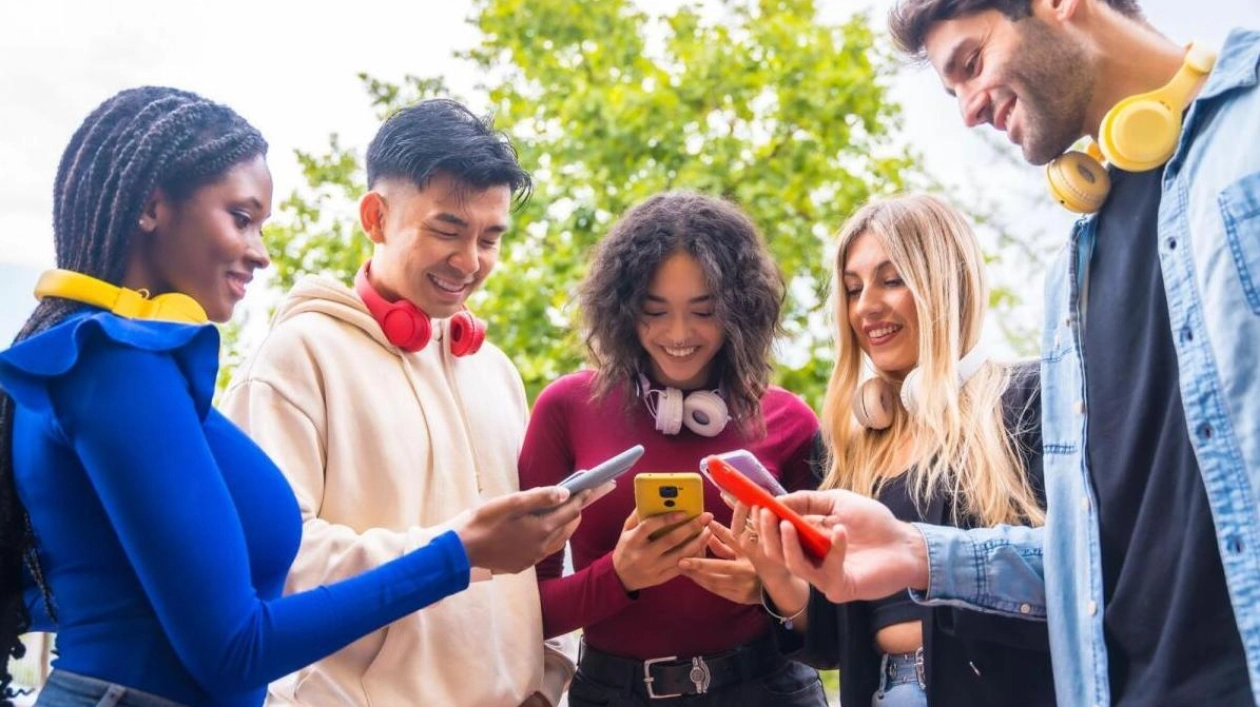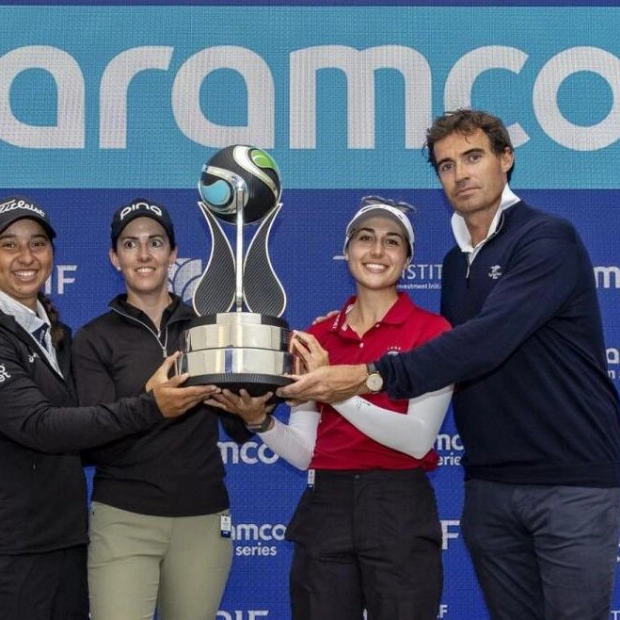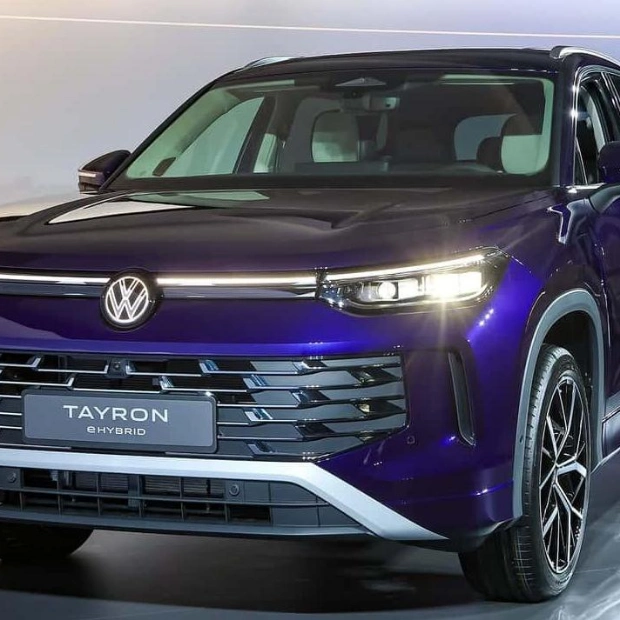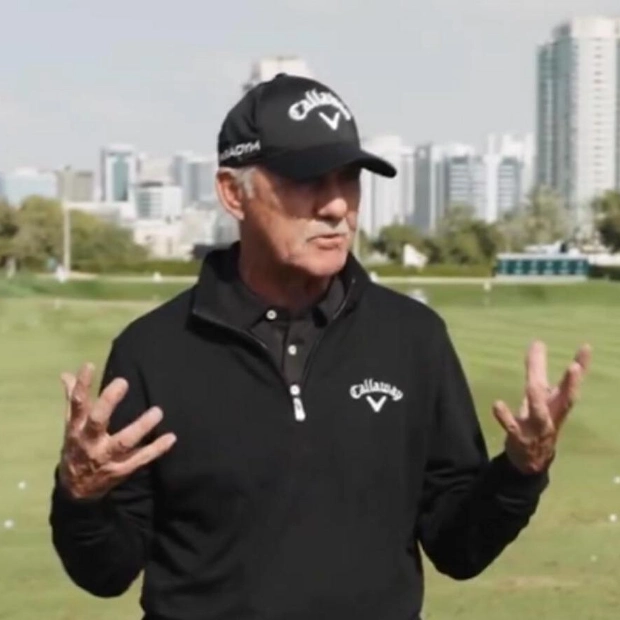Australia is considering implementing a minimum age requirement for children to use social media, citing concerns over mental and physical health. This proposal has drawn criticism from digital rights advocates, who argue that such a measure could push dangerous online activities underground.
Prime Minister Anthony Albanese announced that his centre-left government will conduct an age verification trial before enacting minimum age laws for social media platforms this year. Although Albanese did not specify an exact age, he suggested it would likely fall between 14 and 16.
"I want to see kids off their devices and onto the footy fields and the swimming pools and the tennis courts," Albanese told the Australian Broadcasting Corp. "We want them to have real experiences with real people because we know that social media is causing social harm," he added.
If enacted, Australia would become one of the first countries globally to impose an age restriction on social media. Previous attempts, such as those by the European Union, have failed due to concerns about limiting the online rights of minors.
Representatives from Meta, which owns Facebook and Instagram, YouTube owner Alphabet, and TikTok were not immediately available for comment. Australia boasts one of the world's most online populations, with over four-fifths of its 26 million people using social media, according to government and tech industry data.
Albanese's announcement comes amid a parliamentary inquiry into the societal impacts of social media, which has heard emotional testimonies about the negative mental health effects on teenagers. However, the inquiry has also raised concerns about the enforceability of a lower age limit and potential unintended harm to younger users if they are forced to hide their online activities.
Australia's internet regulator, the eSafety Commissioner, cautioned in a June submission to the inquiry that "restriction-based approaches may limit young people's access to critical support" and could push them to "less regulated non-mainstream services". The commissioner was not immediately available for comment on Albanese's plan.
Daniel Angus, director of the Queensland University of Technology Digital Media Research Centre, warned that "this knee-jerk move ... threatens to create serious harm by excluding young people from meaningful, healthy participation in the digital world, potentially driving them to lower quality online spaces".
Jordy Kaufman, a psychology researcher at Swinburne University, argued that "for teens who gravitate to social media because of their struggles, a ban could potentially worsen their situation by reducing one of the interaction options available to them".
A 2023 University of Sydney study found that three quarters of Australians aged 12 to 17 had used YouTube or Instagram.






